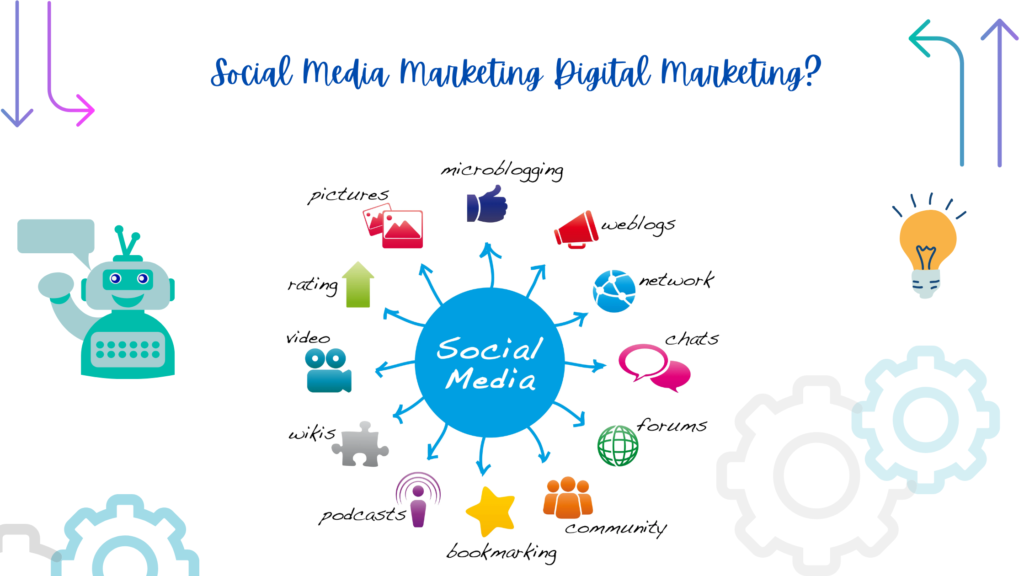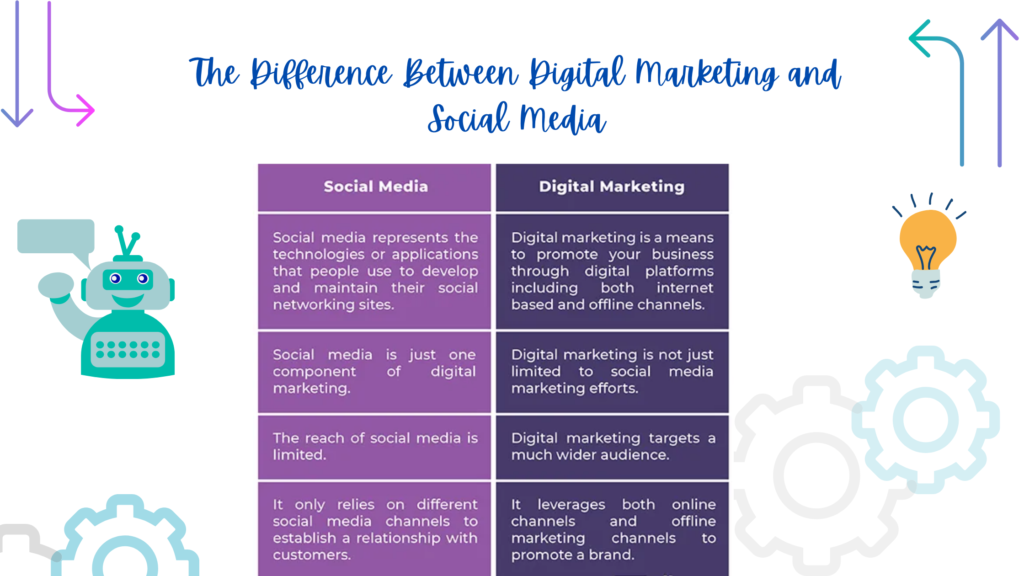Search Engine Optimization
In the current digital era, merely having a website is insufficient. You need users to find your website, and that’s where Search Engine Optimization (SEO) comes in. SEO is the practice of improving your website’s ranking in search engine results pages (SERPs) for relevant keywords. Simply put, the higher you rank, the more likely people are to visit your site.
Why is SEO Important?
There are numerous reasons why SEO is crucial for your online success. Here are a few key benefits:
Increased Organic Traffic:
SEO drives organic traffic, which means users find your site naturally through search queries. This traffic is often more targeted and engaged than traffic from other sources.
Improved Brand Awareness:
Higher ranking in SERPs increases your brand visibility and makes your website more recognizable to potential customers.
Cost-Effective Marketing:
SEO is a cost-effective way to reach your target audience. Unlike paid advertising, SEO results are long-lasting and can continue to drive traffic for months or even years.
Credibility and Trust: Ranking well on search engines signifies to users that your website is a credible and trustworthy source of information.
How Does SEO Work?
Search engines like Google use complex algorithms to determine which websites rank highest for specific search terms. These algorithms consider various factors, including:
On-page SEO:
This refers to the optimization of the content and structure of your website’s individual pages. It includes elements like keyword usage, title tags, meta descriptions, image alt text, and the overall quality and relevance of your content.
Technical SEO:
This involves ensuring your website is technically sound and easy for search engines to crawl and index. This includes factors like website speed, mobile-friendliness, and the robots.txt file.
Off-page SEO:
This focuses on building backlinks to your website from high-quality, relevant websites. In search engine eyes, backlinks are like votes of confidence for your website.
Getting Started with SEO
Here are some initial steps you can take to improve your website’s SEO:
Keyword Research:
Find out what relevant keywords your target audience is using by conducting keyword research.
Content Creation: Create high-quality, informative, and engaging content that is optimized for your target keywords.
Website Optimization:
Optimize your website’s structure, title tags, meta descriptions, and image alt text.
Backlink Building: Reach out to other websites in your niche and try to get them to link back to your content.
Remember, SEO is an ongoing process. Search engine algorithms are constantly evolving, so it’s essential to stay updated on the latest SEO trends and best practices. By consistently optimizing your website, you can improve your search engine ranking and achieve your online marketing goals.
Additional Tips
Focus on User Experience (UX):
Don’t just optimize for search engines; optimize for users as well.
Mobile-First Indexing:
Google gives mobile-friendly websites priority in search results with its mobile-first indexing strategy. Ensure that your website works flawlessly across all platforms and is responsive.
Local SEO:
Make sure your website is optimised for local search terms if you own a local business
Stay Updated:
Keep yourself updated on the latest SEO trends and best practices. There are many resources available online, including SEO blogs, webinars, and conferences.
By following these SEO strategies, you can increase your website’s visibility, attract more organic traffic, and achieve your online success goals.


